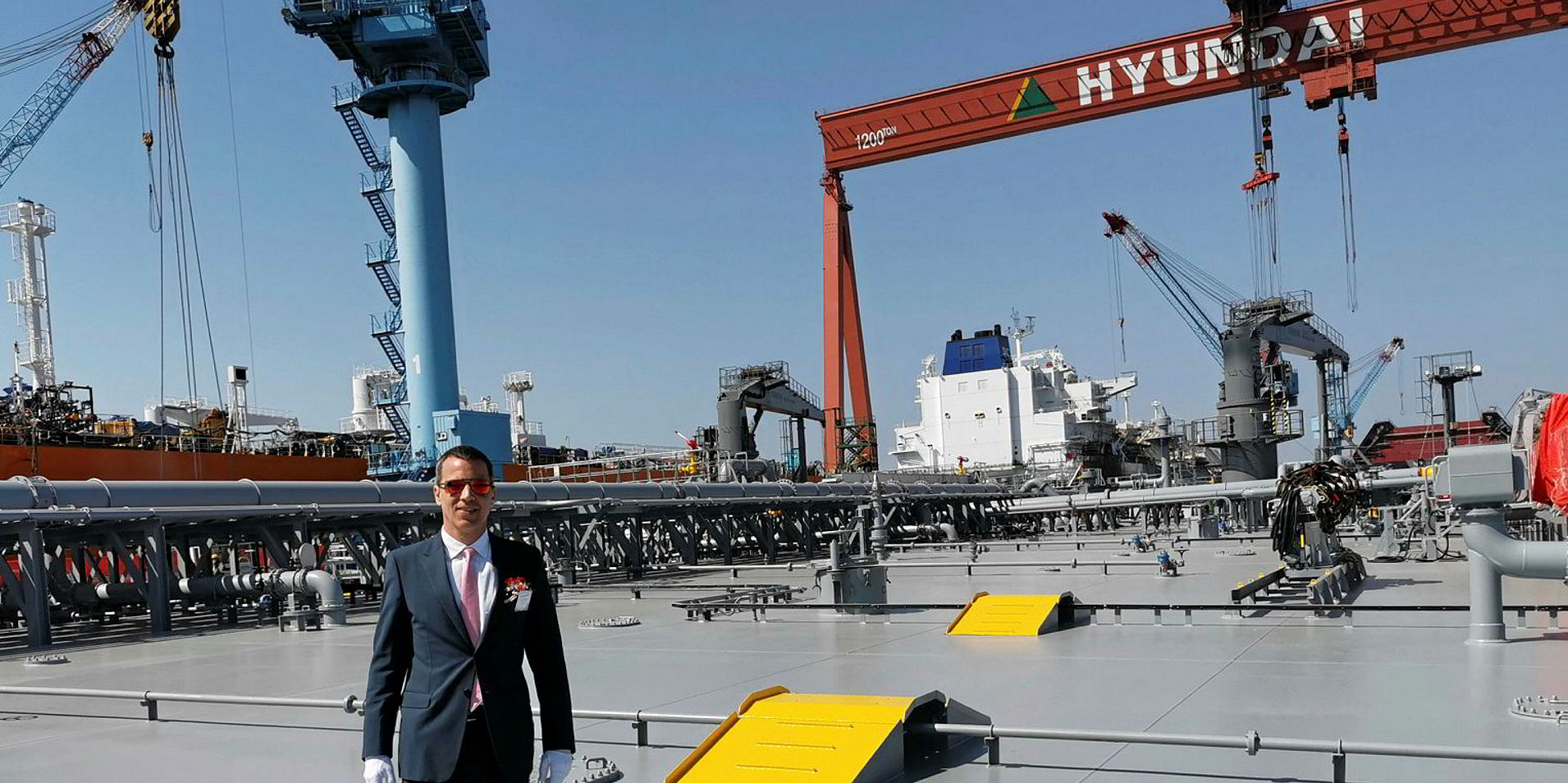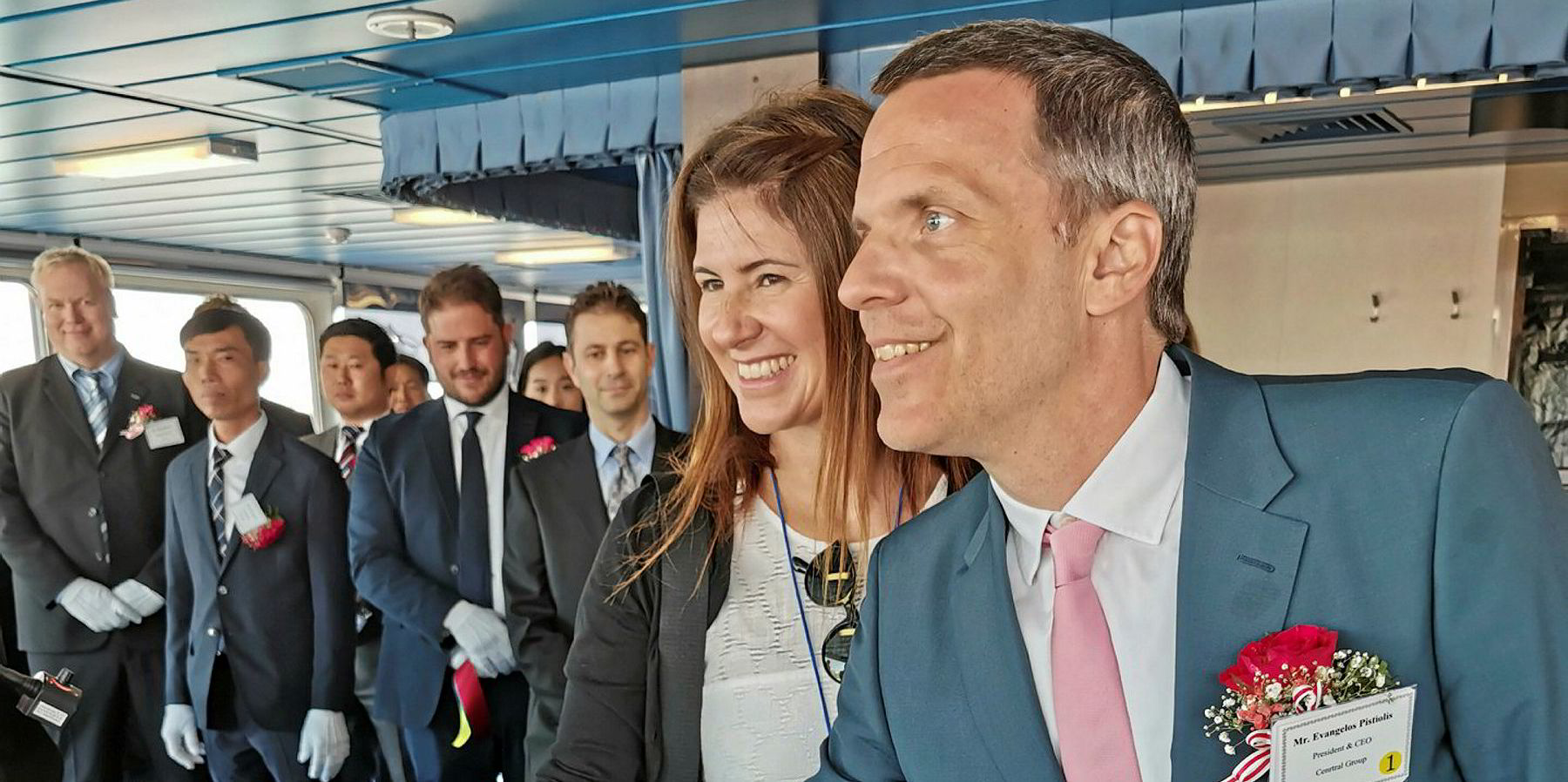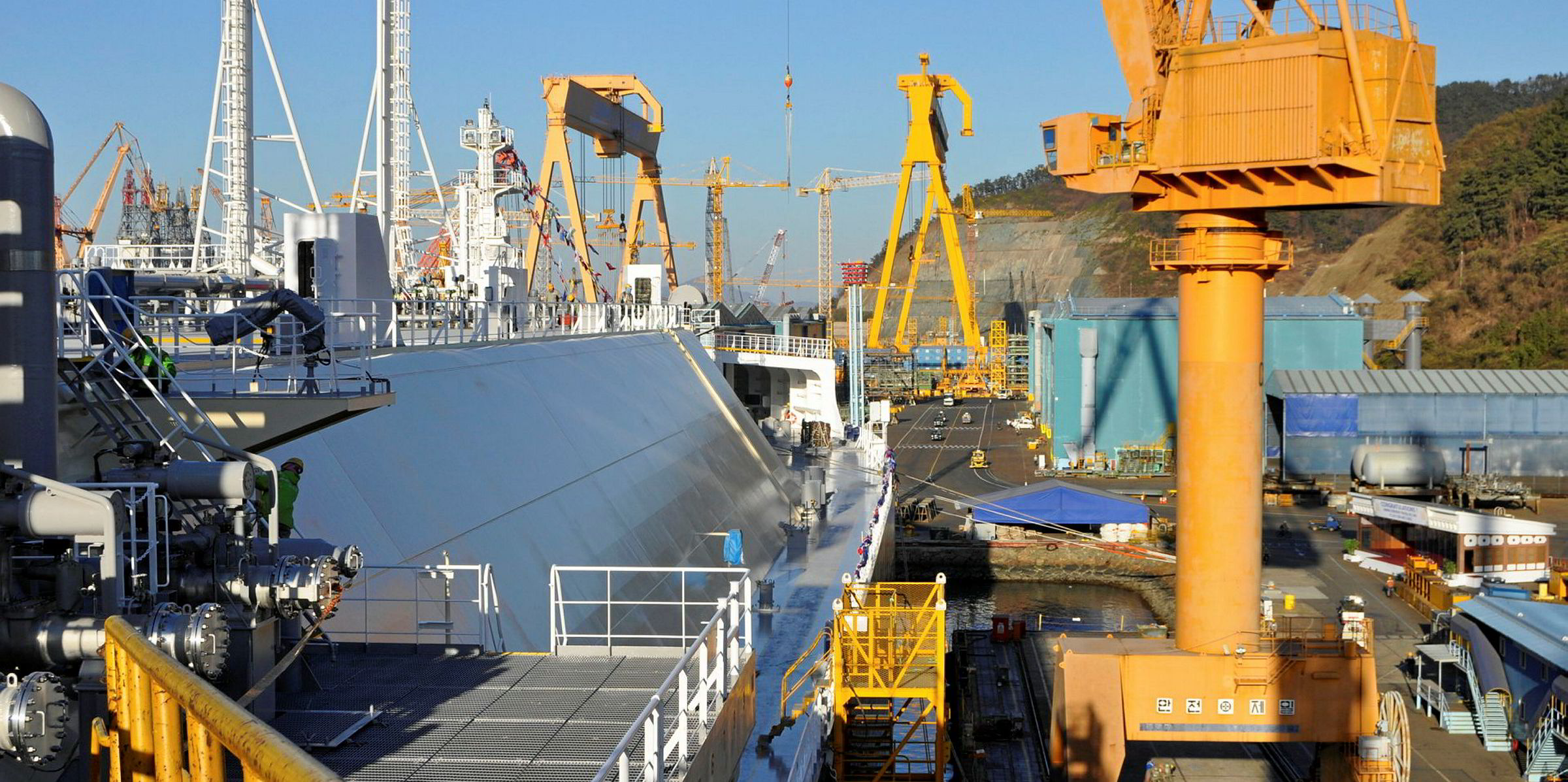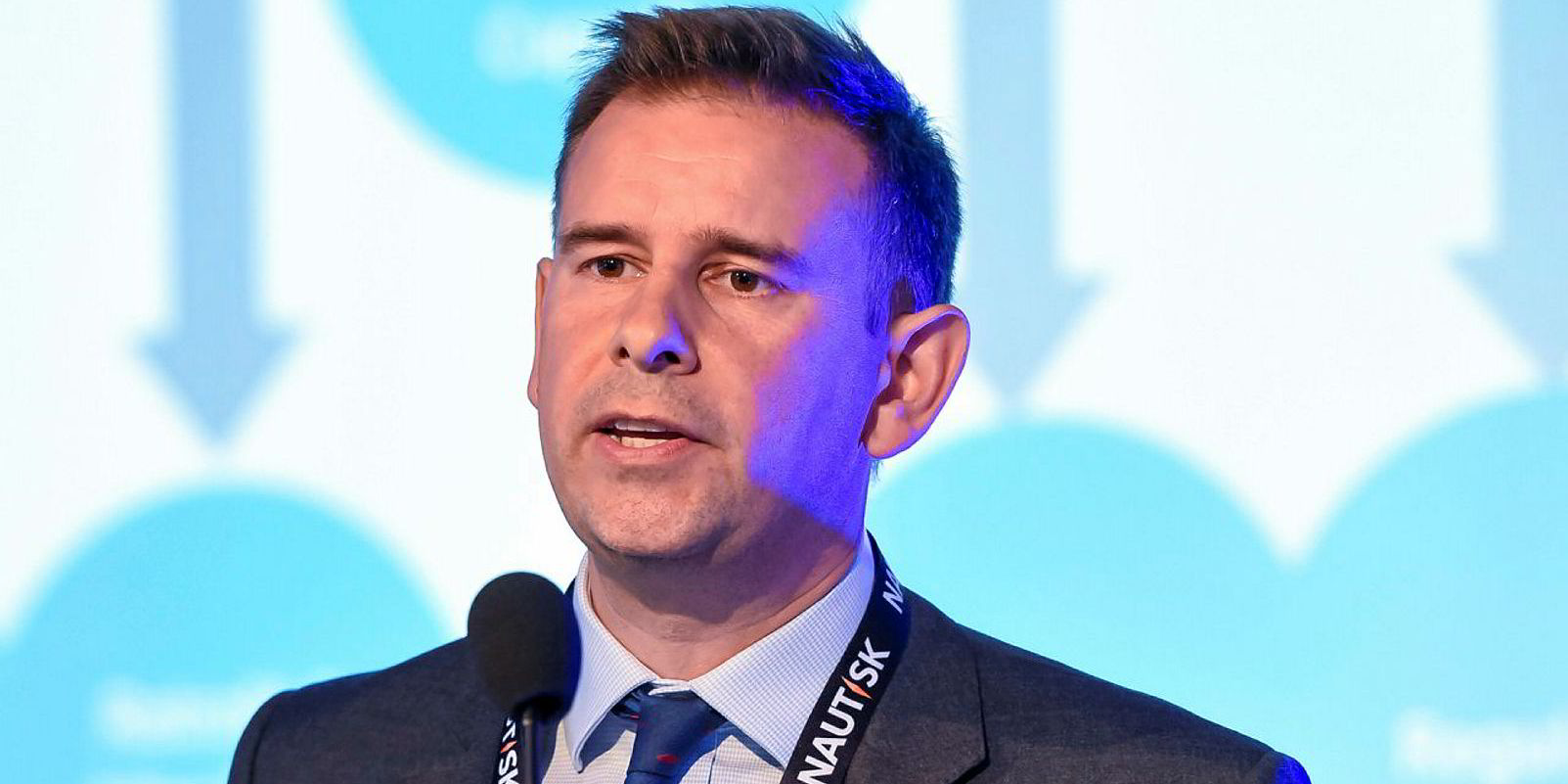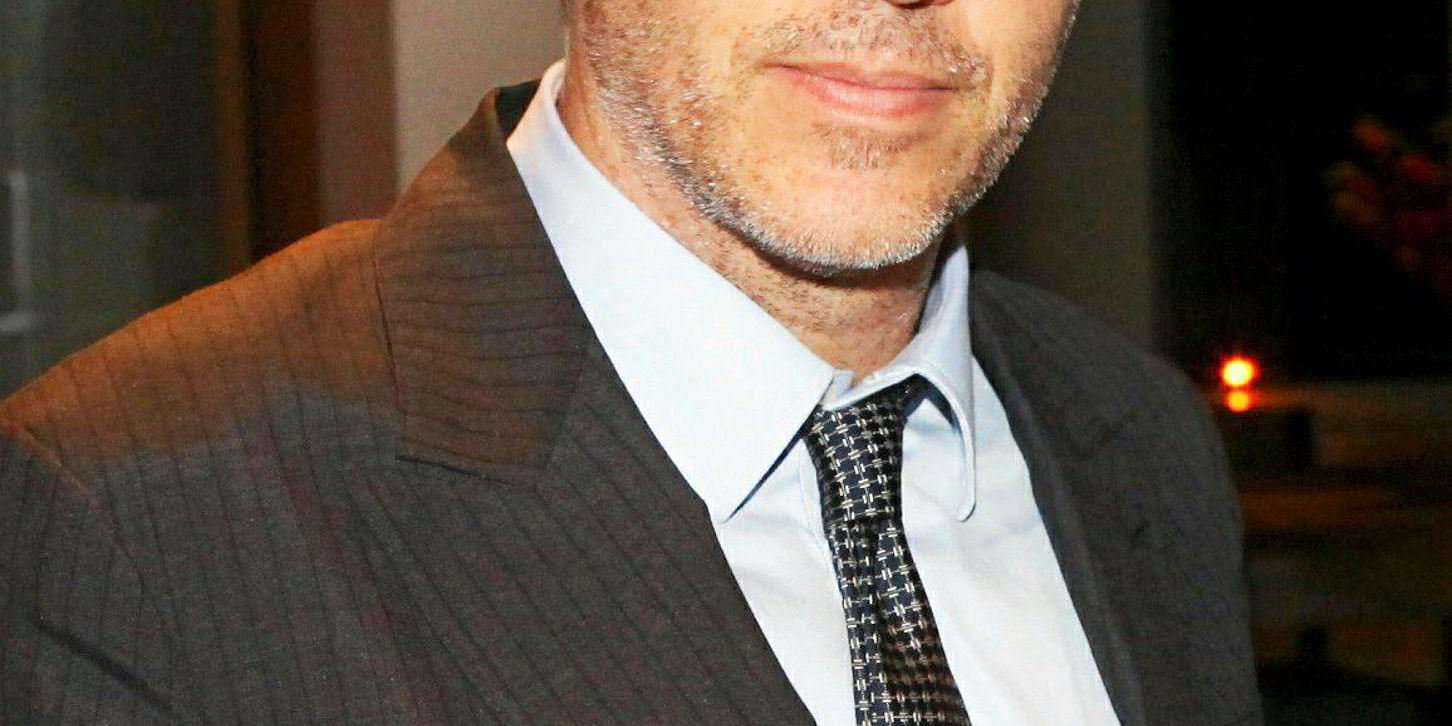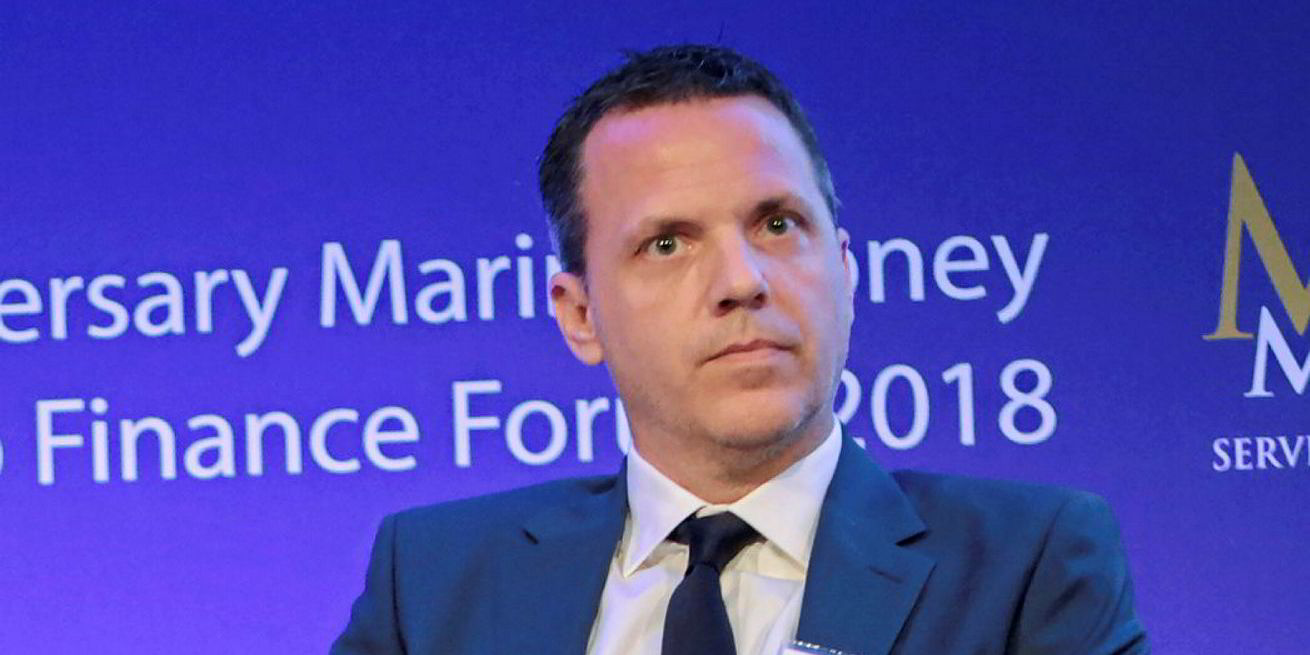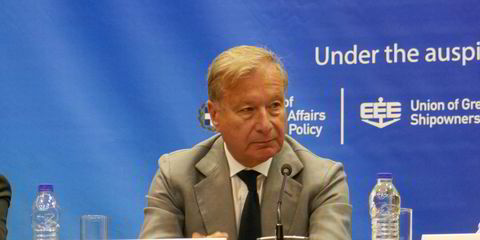Greek shipowner Evangelos Pistiolis is open once again to diversify beyond the tanker markets despite passing up a chance — for now — to enter the LNG sector, which attracted a host of his compatriots last year.
Pistiolis is best known in the industry as chief executive of Nasdaq-listed crude and product tanker owner Top Ships.
He has also been involved in other markets, with Top Ships owning bulkers for a period.
Less well known is that his first shipowning investments were containerships while he was a student in the UK port city of Southampton.
“I’m always interested in anything that makes money and makes sense,” Pistiolis tells TradeWinds.
LNG interest
He reveals a previously unreported interest in what would have been a debut LNG order during the second half of last year involving two ships at Hyundai Heavy Industries.
“I was close with that and was convinced,” Pistiolis says. “I spent a lot of time travelling and meeting all the major players and charterers and had long discussions.
"Some did not say the words I wanted to hear. They also contributed in changing my mind and putting it on hold. Who knows if I was right or wrong — time will tell.”
A total of $11.7bn was invested in 69 new LNG carriers in 2018, according to data from Clarksons. The interest in the sector was a major contributor to the $9.5bn that Greek shipowners spent on new vessels last year.
In my opinion, they have done some great contracts, in terms of rates and charter duration. That is how life works — but I have decided to put it on hold for a while
Evangelos Pistiolis
Pistiolis says he is always cautious when there is such a strong interest in a single sector.
“It looked like a balloon that every week you had two or four orders and reports of how great the rates were,” he recalls. “It could go either way, we’ll see.
Pulling the plug
“I pulled the plug [at the] last minute and said, ‘I’m not going to go into this now, it’s too hot for me as a newcomer and I will wait and see what happens’.
“Some people will for sure make good money on it, others will not. Many of those LNG players that were already invested in the sector could act very quickly.
"In my opinion, they have done some great contracts, in terms of rates and charter duration. That is how life works — but I have decided to put it on hold for a while.”
Pistiolis says he is monitoring other markets and typically prefers those with higher barriers to entry. He describes gas and larger tankers as a natural evolution.
“Having said that, I have nothing against dry bulk, if the numbers at some point come to match the income,” he says. “They have been totally off for three or four years.”
Pistiolis says the cost of a capesize resale at $50m is totally unjustified when rates in the past three years have averaged less than $13,000 per day, according to Clarksons.
Unjustified rates
He describes the economics of such an investment as making no sense for the past five years, at least compared with tankers.
“Eventually, something must give and chartering never gives, it’s always the values,” he says. “That would then be a good investment and we would look at it again.”
He concludes: “I might prefer tankers but I’m not saying no to another market if it makes sense. I have looked at capes several times over the past four years, but each time it made no sense to me at least.
“Believe me, if suezmaxes were making $7,000 or $8,000 per day, or even $12,000, I would not spend $60m on it, unless I was strongly convinced that market would improve dramatically in a short period of time — as much as I love them.”
